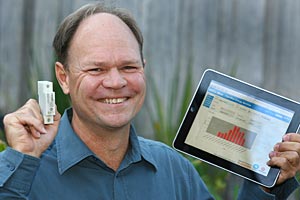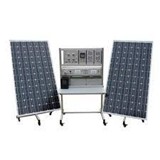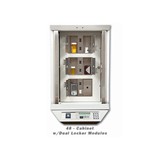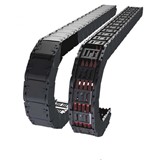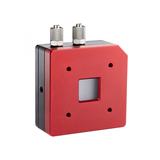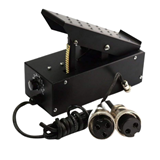The aim is to help small scale energy users cut energy use, costs and carbon emissions.
CSIRO project leader, Dr Martin de Groot, said the system will give householders the flexibility to cutback their electricity use at times when it’s needed elsewhere on the grid.
CSIRO has worked with energy service company, Energy Response, and hardware designer, Saturn South, to develop a system able to aggregate a large number of smaller users. Until now this has been logistically impossible and cost prohibitive.
"By taking advantage of common broadband Internet connections we are now able to build and deploy a very cheap, real-time platform to deliver energy services to individual dwellings," Dr de Groot said.
The system involves installing a mini smart-meter in a household or business electrical switchboard, which can then be managed remotely from a centralised control platform.
"Once regulatory approval has been given, energy service companies will be able offer householders more favourable electricity supply agreements and enable them to be more adaptable in their consumption patterns.
"The householders can even receive alerts on their mobile phones notifying of any significant changes in energy use in the home."
CSIRO has estimated projected cost savings for Tasmania, where the new demand side technology was developed. It found the State’s annual electricity expenditure could be cut by $10.9 million, even if less than 10 percent of Tasmanian customers used the system.
If just 10 per cent of Tasmanian households or small businesses take up the technology, the annual savings for those who do is estimated at up to $200 for householders and $1,300 for small businesses.
The infrastructure is cheap, can be retrofitted to existing buildings and complements other technologies such as local generators and intelligent home automation systems.
CSIRO developed the remote control system software and Saturn South designed and built the mini smart meters to CSIRO specifications.
The system will be on display at the CeBIT technology conference at Darling Harbour, Sydney, from 24 to 26 May.

